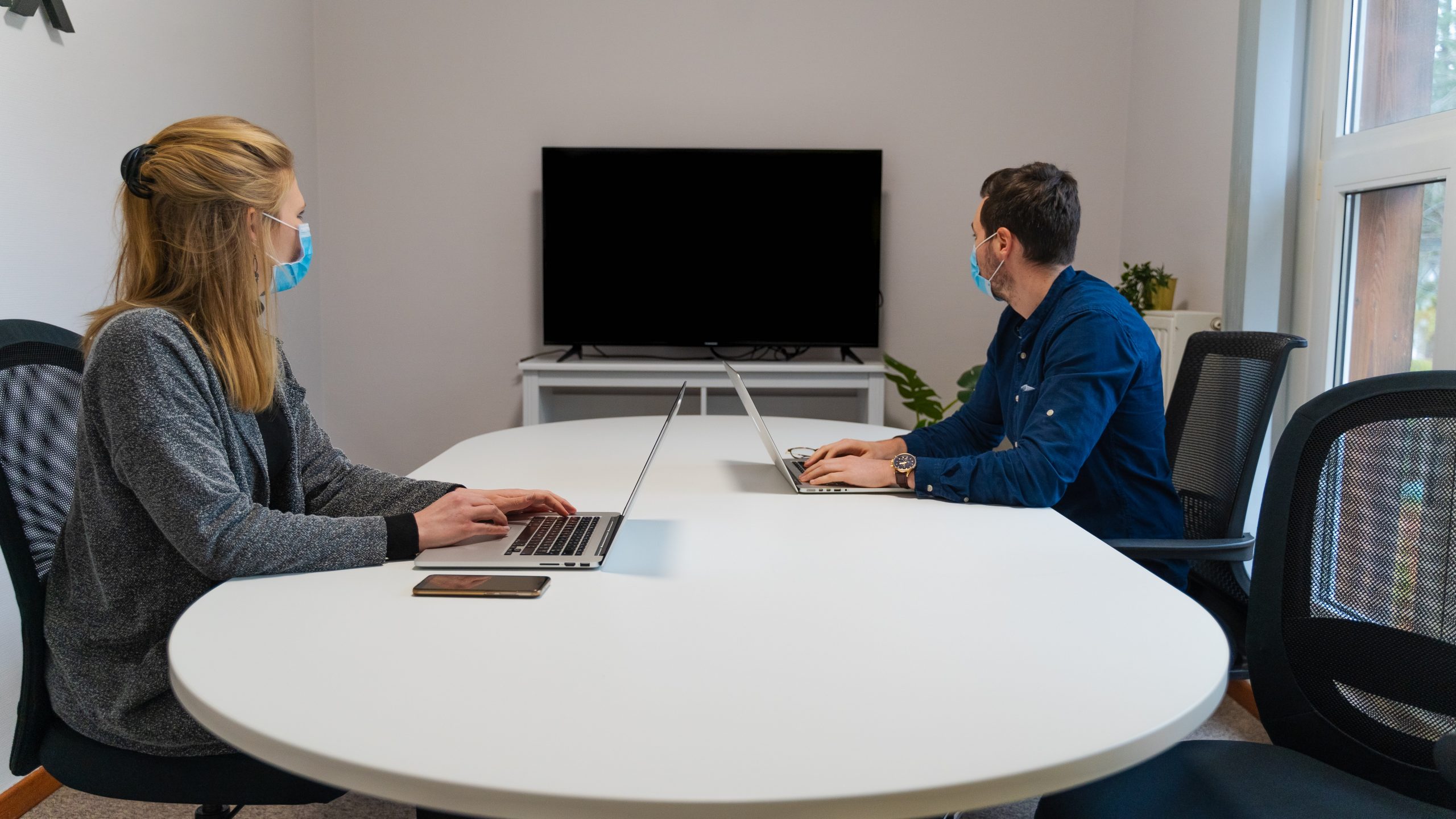 BBC News
BBC NewsBorrowing was £17.4bn last month, the second highest October figure since monthly records began in 1993.

Georgia Heneage
A recent poll from the Trades Union Congress (TUC) revealed a concerning trend: one in five UK workers feel pressured to return to the office, even though they could easily work from home. The survey, which included 1,000 workers, found that employees continue to face demands from employers to commute to the office despite the risks involved.
Unnecessary Risks: Workers Forced to Commuting During a Pandemic
Many workers are still going into the office despite feeling uncomfortable doing so. A 23-year-old office manager from a London property company shared her frustration. She spoke anonymously to protect her job.
She explained that government exemptions for estate agencies required her to come in. “Even though I could work from home, I had no choice but to go into the office. Boris Johnson’s exemption for estate agencies meant I had to be present or lose my job.”
Increased Risk of Exposure in the Office
The risk of exposure to COVID-19 is a major concern for workers forced to commute to the office. Commuting brings workers into close contact with others, whether on public transportation or at the office.
The office manager shared her fears: “I work closely with contractors, landlords, and clients, which makes me nervous. My company has done very little to ensure my safety, and the risk doesn’t feel necessary.”
She added that if she came into contact with someone who tested positive for COVID-19, the company would simply require her to take a rapid test. “If the test is negative, I’m expected to return to the office immediately. It’s great for business but not for my safety.”
Mental Health Impact of Forced Commuting
The stress of commuting to the office during a pandemic has worsened the mental health of many workers. The office manager shared how the pressure to return to the office has made her anxiety worse.
“It’s increased my anxiety. I felt stressed during lockdown, and now I feel even more anxious about coming into work,” she said. “I feel selfish for risking my health and putting my family in danger just to keep my job.”
Her situation is not unique. Many employees face similar anxiety, fearing for their health and well-being while trying to comply with employer demands.
Is It Morally Right to Force Employees into the Office?
The moral dilemma of forcing workers back to the office has sparked serious debate. Many workers, like the office manager, feel trapped by employer demands.
“The situation feels morally wrong. With a deadly virus circulating, it doesn’t make sense to make employees come into the office,” she said. “It’s a significant risk, and it only increases my anxiety. Either I go to work or I lose my job.”
This dilemma highlights the tough choices many workers face between job security and personal safety. Workers capable of working from home struggle with being forced to risk exposure unnecessarily.
Union Support for Remote Work
Unions like the TUC have been vocal in advocating for workers’ rights to work from home. They argue that employees who can do their jobs remotely should not be pressured to return to the office.
Frances O’Grady, General Secretary of the TUC, emphasized the importance of protecting workers: “Employers must support their workers to continue working from home wherever possible. Returning to the office unnecessarily puts people’s health at risk.”
The TUC continues to receive complaints from workers who feel unsafe but are forced to return to work. Many employees are asking for more flexibility in their work arrangements.
Mental Health and Well-Being During the Pandemic
The forced return to the office affects workers’ mental health in profound ways. During the pandemic, many employees found that working from home helped reduce stress and anxiety.
“Working from home has made me feel safer and less anxious. I can focus better, and I don’t have to worry about exposure to the virus,” said one worker who’s been telecommuting since the pandemic began. “I really hope I don’t have to go back to the office anytime soon.”
Many workers see working from home as a healthier option during these uncertain times. The ability to control their environment and avoid unnecessary risks has been a significant relief for many.
The Future of Work: Embracing Hybrid Models
The pandemic has led many businesses to rethink their approach to work. The idea of hybrid models, where employees can split their time between the office and remote work, is gaining traction.
Hybrid work could become the norm in many industries, offering employees more flexibility and safety. Those who have already implemented flexible work arrangements report positive results, including increased employee satisfaction and productivity.
Remote work advocates argue that businesses should embrace the benefits of working from home. Many employees have shown that remote work can be just as productive—and in some cases, even more effective—than traditional office work.
Time for Employers to Rethink Office Requirements
The pressure to return to the office unnecessarily puts workers at risk and worsens mental health problems. The TUC survey highlights this issue, showing that many employees feel unsafe but are still being forced to commute to the office.
Employers need to recognize that working from home is a safer, more efficient option for many employees. Offering hybrid work arrangements or continuing remote work could lead to happier, healthier employees.
Companies should prioritize the well-being of their workers. The future of work should focus on flexibility, empathy, and safety. By allowing workers to work from home when possible, businesses can create a better, more supportive work environment for everyone.